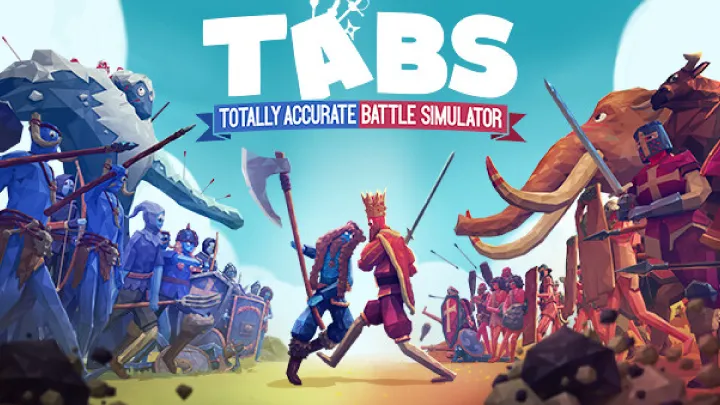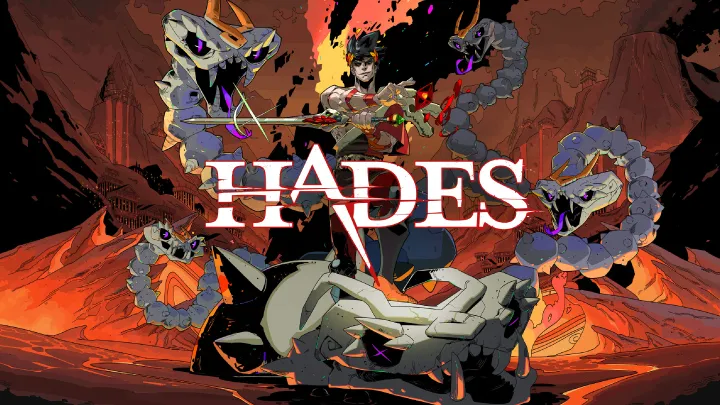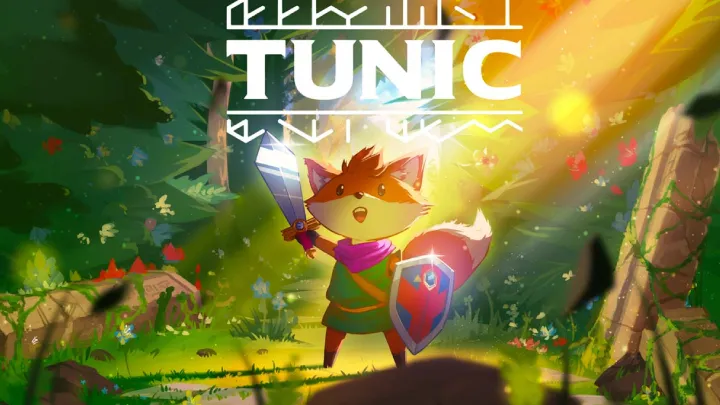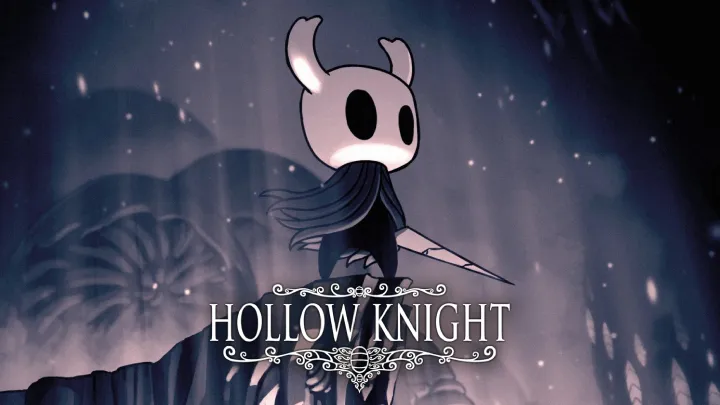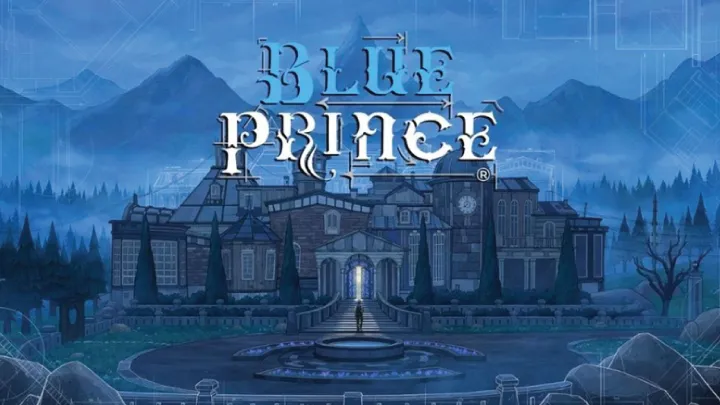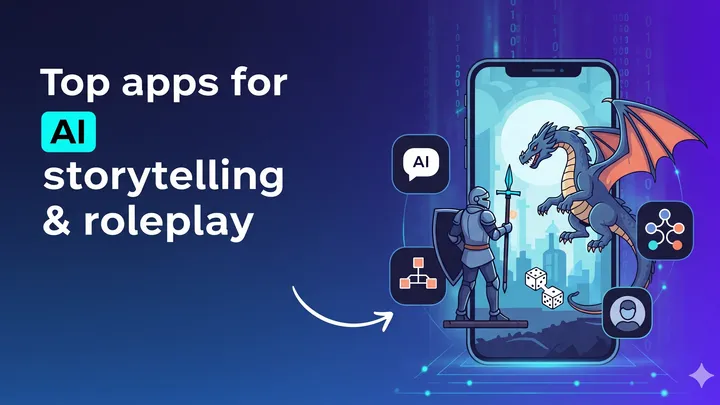Exploring the Complexity of Time Travel in The Legend of Zelda: Ocarina of Time
The Legend of Zelda: Ocarina of Time, released for the Nintendo 64 in 1998, is often hailed as one of the greatest video games of all time. Its innovative gameplay mechanics and rich narrative have left an indelible mark on the gaming industry. Among its many features, the concept of time travel plays a pivotal role in shaping the game's story and gameplay. This article delves into the complexities of time travel in Ocarina of Time, examining its implications on narrative structure, character development, and gameplay mechanics.
The Narrative Framework of Time Travel
The Dual Timeline
At the heart of Ocarina of Time lies a dual timeline that serves as a narrative device to explore themes of fate and choice. Players navigate between two distinct periods: Link's childhood and adulthood. This division not only creates a unique gameplay experience but also allows for a rich storytelling technique that contrasts innocence with the burdens of responsibility.
Childhood vs. Adulthood
In the childhood timeline, Link is an inexperienced hero, thrust into a world that is still vibrant and filled with wonder. The tasks he undertakes are steeped in exploration and discovery. Conversely, the adult timeline presents a darker, more oppressive Hyrule, where Link faces the consequences of his earlier actions—or inactions. The stark differences between these worlds emphasize the stakes involved in Link's journey.
The Role of the Ocarina
The Ocarina of Time, a magical instrument, serves as the key to Link's time-traveling abilities. By playing specific melodies, Link can manipulate time, switching between his childhood and adulthood. This mechanic not only drives the plot forward but also enriches the gameplay by introducing puzzles that require players to think critically about when to use the Ocarina.
Musical Themes and Gameplay
Each melody associated with the Ocarina carries thematic weight, often echoing the emotional state of the game. For instance, the Song of Time encapsulates themes of loss and nostalgia, resonating with Link's journey as he grapples with the passage of time. Players must master these songs not only to progress but also to engage with the deeper narrative layers of the game.
Character Development Through Time Travel
Link's Growth
Link's character arc is intricately tied to the mechanics of time travel. As he transitions from a carefree child to a seasoned warrior, players witness profound changes in his demeanor, skills, and motivations. The dual timelines force players to confront the consequences of their choices, adding depth to Link's character.
Innocence Lost
In the childhood segments, Link embodies purity and naivety. His interactions with other characters showcase a sense of wonder, particularly in his relationships with figures like Saria and the Great Deku Tree. However, upon entering adulthood, Link's experiences shape him into a more complex character burdened by the weight of his responsibilities. This transformation is crucial for players to understand the emotional stakes within the narrative.
Supporting Characters
Link's journey is also influenced by various other characters, each of whom serves as a reflection of the game's themes. Characters like Princess Zelda and Ganondorf illustrate the dichotomy of light and darkness, emphasizing the impact of time on their motivations and actions.
Zelda’s Duality
Zelda, in particular, embodies the complexities of time travel. As both a child and an adult, she represents the hope for Hyrule's future. Her evolution throughout the game mirrors Link's journey, highlighting the importance of friendship and collaboration. In the adult timeline, Zelda becomes a crucial ally, demonstrating that the past and present are intertwined in their quest to save Hyrule.
The Mechanics of Time Travel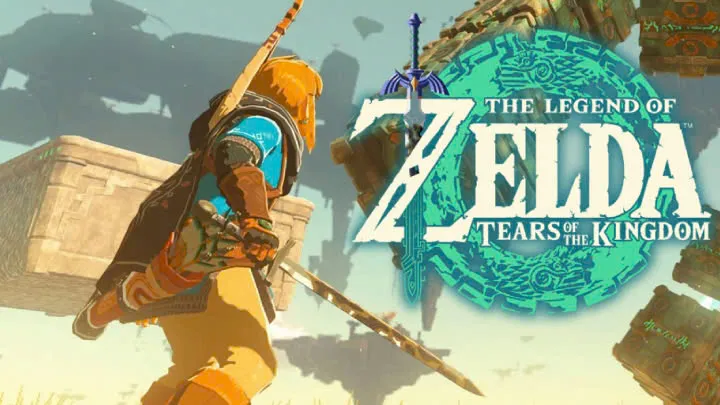
Gameplay Innovations
The implementation of time travel in Ocarina of Time is not merely a narrative device; it significantly enhances gameplay mechanics. Players must think strategically about when to use the Ocarina to solve puzzles, defeat enemies, and navigate the world effectively.
Puzzles and Challenges
Many of the game's puzzles require players to switch between timelines to progress. For instance, certain items or pathways may only be accessible in one timeline, necessitating the use of time travel to unlock them. This creates a dynamic gameplay experience that encourages exploration and experimentation.
The Temple of Time
Central to the game's narrative and mechanics is the Temple of Time. This sacred location serves as the gateway between Link's childhood and adulthood, symbolizing the passage of time itself.
Symbolism of the Temple
The Temple of Time is not just a physical location but a representation of Link’s growth and the burden of time. The Master Sword, housed within the temple, signifies Link’s readiness to embrace his destiny. Players are required to navigate through the temple's challenges, reinforcing the notion that time is an integral part of their journey.
Consequences of Time Travel
Altering Events
One of the most compelling aspects of Ocarina of Time's time travel mechanic is the ability to alter events. Players can revisit locations and change their outcomes, leading to different experiences and consequences.
Ripple Effects
These alterations create ripple effects throughout the game, impacting characters and environments. For instance, helping a character in the past can result in a favorable outcome in the future, highlighting the interconnectedness of time and actions. This mechanic encourages players to engage deeply with the game world, as their choices have tangible consequences.
The Price of Time Travel
While time travel offers numerous benefits, it also comes with a cost. Link's inability to fully change certain events—such as the eventual rise of Ganondorf—serves as a poignant reminder of the limits of his powers.
Themes of Fate
This limitation raises questions about fate versus free will. Link may be able to navigate time, but he cannot escape the consequences of his actions. This theme resonates throughout the game, inviting players to reflect on their own choices and the weight of responsibility that comes with them.
Impact on Gameplay Experience
Engaging Exploration
Time travel enriches the exploration aspect of Ocarina of Time. Players are encouraged to revisit familiar areas with new perspectives, discovering hidden secrets and items that may have been inaccessible in the past.
Layered World Design
The game's world is designed to be multilayered, with different elements emerging based on the timeline. This design approach fosters a sense of discovery and engagement, as players are rewarded for their curiosity and willingness to explore.
Replay Value
The intricacies of time travel also enhance the game's replay value. Players can revisit the game, making different choices and experiencing alternative outcomes. This level of engagement ensures that Ocarina of Time remains relevant and compelling long after its initial release.
Philosophical Implications of Time Travel
Reflection on Time
Ocarina of Time invites players to contemplate the nature of time itself. The ability to travel between past and present raises profound questions about memory, loss, and the passage of time.
Nostalgia and Regret
Players often experience nostalgia as they navigate Link's childhood, reflecting on their own memories and experiences. This emotional connection adds depth to the gameplay experience, making it more than just a quest to defeat evil.
The Cycle of Life
The game also explores the cyclical nature of life. As Link travels through time, he learns that actions have consequences, and history tends to repeat itself. This theme resonates with players, prompting them to consider their own place within the broader tapestry of time.
Conclusion
The Legend of Zelda: Ocarina of Time is not just a seminal video game; it is a profound exploration of time travel and its implications on narrative, character development, and gameplay mechanics. Through its dual timelines, the game invites players to engage with complex themes of fate, choice, and responsibility. The intricacies of time travel elevate Ocarina of Time beyond a mere adventure, transforming it into a thought-provoking journey that resonates with players long after they have set down their controllers. By navigating the past and present, players discover a rich tapestry of experiences that highlight the interconnectedness of time, memory, and personal growth.




